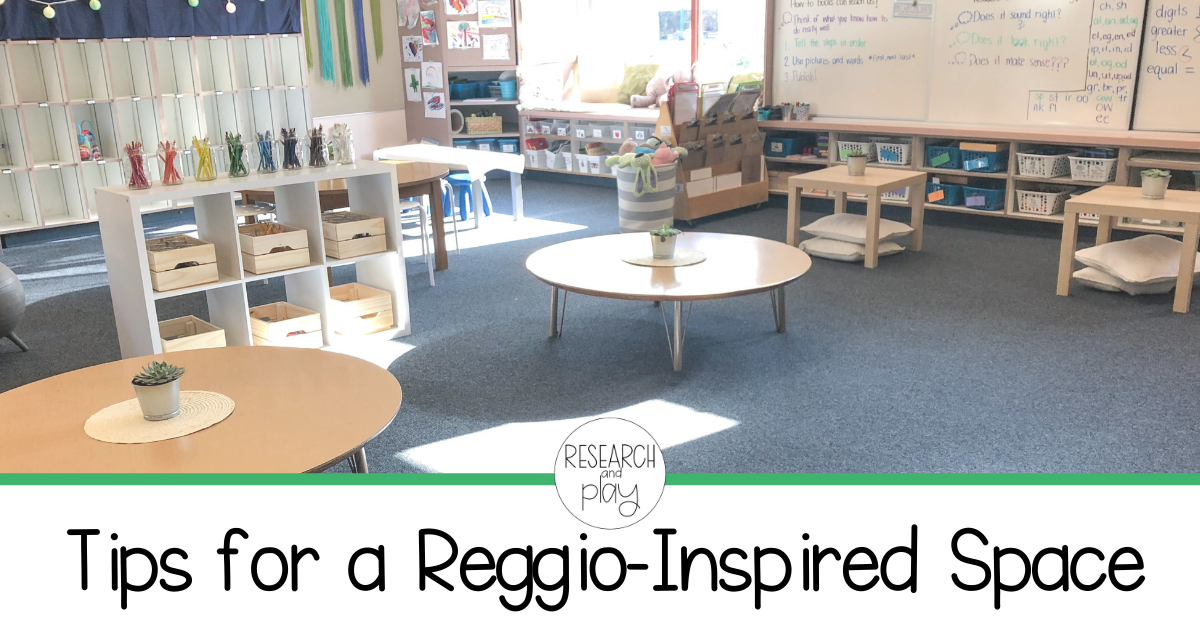
The Importance of Classroom Jobs
Classroom jobs play a crucial role in creating a sense of community and responsibility among students. In the Reggio Emilia approach to education, these jobs are given special significance as they promote active participation, collaboration, and the development of important life skills. By assigning classroom jobs to students, teachers encourage a sense of ownership and empower children to contribute to the overall functioning of the classroom.
Implementing Classroom Jobs in Reggio Emilia
In the Reggio Emilia approach, classroom jobs are carefully selected and assigned based on the unique needs and interests of the students. These jobs are designed to reflect real-world responsibilities and provide students with opportunities to develop a variety of skills. The process of assigning jobs involves collaboration between teachers and students, allowing for shared decision-making and a democratic approach to classroom management.

Examples of Classroom Jobs
There are numerous classroom jobs that can be implemented in the Reggio Emilia approach. Here are a few examples:
1. Classroom Librarian
The classroom librarian is responsible for organizing and maintaining the classroom library. They categorize books, create a borrowing system, and ensure the library is tidy and accessible to all students.

2. Materials Manager
The materials manager takes charge of organizing and distributing classroom materials. They ensure that all necessary supplies are readily available and assist their classmates in accessing the materials they need for various activities.

3. Line Leader
The line leader guides the class during transitions, such as moving from the classroom to the playground or lining up for assemblies. They model appropriate behavior and ensure that the class moves safely and efficiently.

4. Class Photographer
The class photographer captures special moments and events in the classroom through photographs or videos. They document the learning journey and help create a visual record of the students' experiences.

5. Gardener
The gardener takes care of plants and helps maintain the classroom garden. They water the plants, monitor their growth, and engage their peers in hands-on gardening activities.

The Benefits of Classroom Jobs in Reggio Emilia
Integrating classroom jobs into the Reggio Emilia approach offers several benefits for both students and teachers:
Promoting Responsibility and Independence
Assigning classroom jobs empowers students to take responsibility for their environment and develop a sense of independence. They learn to manage their tasks, follow through on commitments, and contribute to the smooth functioning of the classroom.
Building a Sense of Community
By working together and sharing responsibilities, students develop a strong sense of community and belonging. Classroom jobs encourage collaboration, teamwork, and mutual support among students, fostering positive relationships and a supportive learning environment.
Enhancing Life Skills
Classroom jobs provide students with opportunities to develop various life skills. They learn time management, organization, problem-solving, and communication skills through their assigned responsibilities. These skills are transferable and valuable beyond the classroom setting.
Fostering Decision-Making and Leadership Skills
Through the process of assigning jobs, students have the opportunity to participate in decision-making and develop leadership skills. They learn to consider the needs of their peers, negotiate tasks, and contribute to a democratic classroom environment.

Conclusion
Implementing classroom jobs in the Reggio Emilia approach has proven to be a valuable practice in promoting student engagement, responsibility, and community-building. These jobs provide students with meaningful roles and opportunities to develop essential life skills. By integrating classroom jobs, educators create an inclusive and empowering learning environment that prepares students for active participation in the world beyond the classroom.